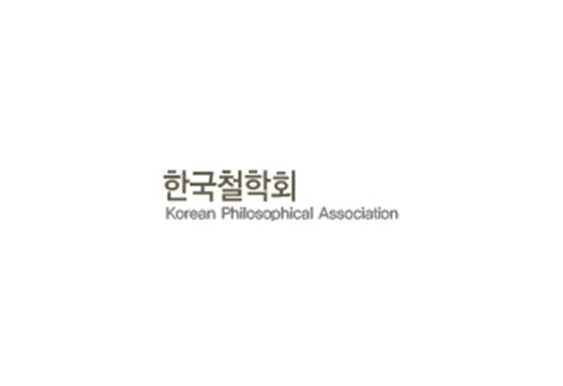귀납적 위험과 과학의 가치중립성 이상
Inductive Risk and the Value-Free Ideal of Science
천현득
서울대학교 과학학과
철학
2024, vol., no.161, pp. 175-195 (21 pages)
10.18694/KJP.2024.11.161.175
한국철학회
1. 과학의 가치중립 이상
2. 귀납적 위험으로부터의 논증
3. 단지 실현 불가능할 뿐 아니라 바람직하지도 않은 이상?
4. 가치중립 이상에 대한 제프리식 구제 시도
5. 가치중립 이상에 대한 시지프스식 구제 시도
6. 요약 및 결론
초록
과학의 가치중립성은 오랫동안 좋은 과학 활동의 이상으로 간주되어 왔다. 그러나 과학적 추론에 내재한 귀납적 위험과 그에 따르는 실천적 귀결들에 대한 고려는 과학의 가치중립성 이상을 비판하는 논증에서 가장 중요한 근거로 기능해왔다. 과학에서 비인식적 가치의 적법한 역할을 주장하는 “귀납적 위험으로부터의 논증”의 핵심은 다음과 같다. 과학자들은 가설을 수용하거나 거부하는 결정을 내리는데, 그 결정이 잘못되었을 경우 비인식적, 실천적 함의를 가질 수 있기 때문에, 과학자들은 가설을 수용하거나 거부할 때 이러한 가치들을 고려할 필요가 있다. 최근 여러 연구자들은 이러한 귀납적 위험으로부터 논증에 반대하면서, 대안적인 과학의 이상을 제안해왔다. 나는 이 글에서 제프리식 이상과 시지프스식 이상을 통해 대안적인 형태의 가치중립성 이상을 주장하는 철학적 논변들을 검토하고, 어느 쪽도 효과적인 반론을 제시하지 못하였다고 주장한다. 따라서 귀납적 위험으로부터의 논증은 여전히 과학의 가치중립 이상을 비판하는 가장 강력한 논증이다.
The value-freedom of science has long been considered an ideal for good scientific practice. However, several philosophers pose a powerful argument against it, based on the inductive nature of scientific reasoning. The supporters of the “argument from inductive risk” contend that non-epistemic values have a legitimate role in science. The argument goes as follows: since scientists’ decisions to accept or reject hypotheses can have non-epistemic, practical implications when those decisions are wrong, they ought to consider non-epistemic values when accepting or rejecting scientific hypotheses. Recently, some philosophers have opposed this argument and proposed alternative ideals of science. In this article, I examine two philosophical arguments for the value-freedom ideal: the Jeffreyan ideal and the Sisyphean ideal. I argue that neither presents an effective counterargument. Therefore, the argument from inductive risk remains the strongest critique of the ideal of value-freedom in science.

